
Darell Gallegos (left) purchased the Concordia Ford dealership, located at 1510 E. 6th Street, from owners Steve Womack Sr. (right) and Judy Womack in 2019. (Courtesy Photo)
A passion for the car business has led Darell Gallegos on a journey to achieve his dream of owning a dealership. Gallegos purchased the Concordia, Kansas, Ford dealership, previously known as Womack Sunshine Ford, in late 2019.
The new name of the dealership is Farm Country Ford — a name Darell says is meant to honor the community’s agricultural roots. It is also a Kawasaki franchise and offers a lineup of motorcycles, all-terrain vehicles and utility/recreational vehicles.
Darell’s roots to a Ford dealership begin at the age of 18 when he worked for local Ford dealers while attending Hutchinson Community College and Wichita State University. He went to work for Ford Motor Credit Company after graduation, which is where he met Steve Womack Sr., owner of the Concordia Ford franchise. The two connected and, in 2018, Gallegos became the general manager at Womack. Darell purchased the dealership in late 2019 when owners Steve Sr. and Judy Womack were ready to retire.
The project to transition the business to new ownership was made possible with investment by the owner as well as funding from The Citizens National Bank and the NCK-Four Rivers Business Down Payment Assistance Loan Program.
For more information about the financing programs used, contact NCRPC Business Finance Director Debra Peters at 785-738-2218 or visit the NCRPC Business Finance Program. For more information about the business, visit Farm Country Ford.
This article appeared in the July 2020 NCRPC Newsletter.


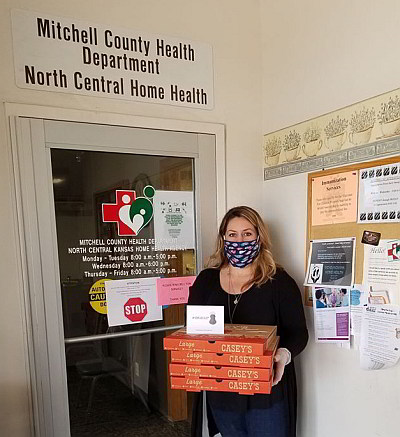


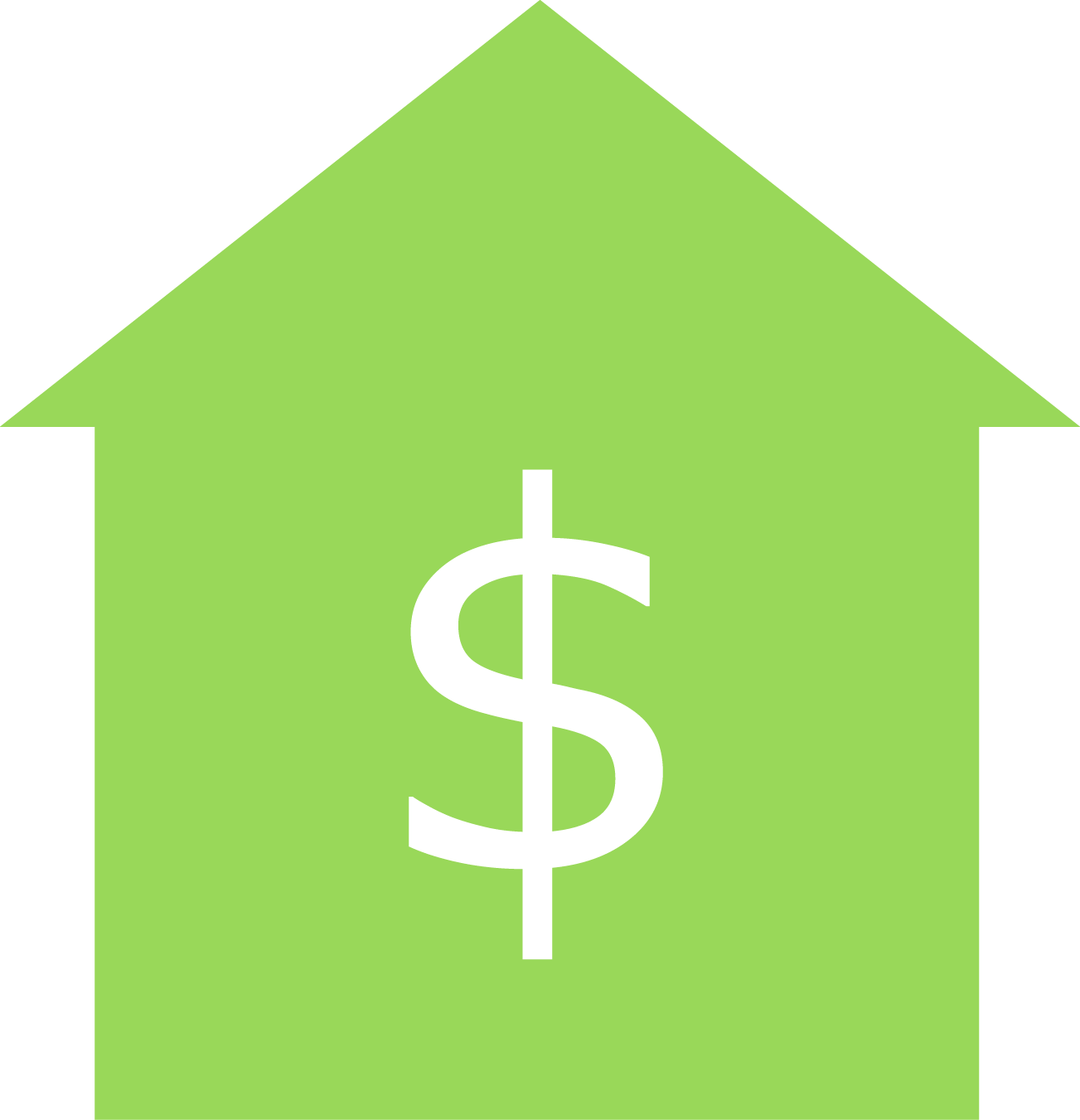
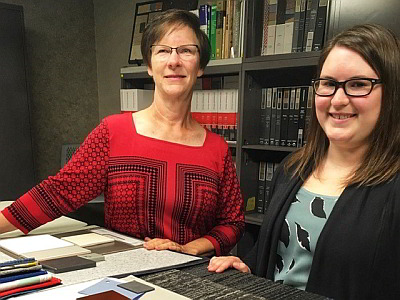
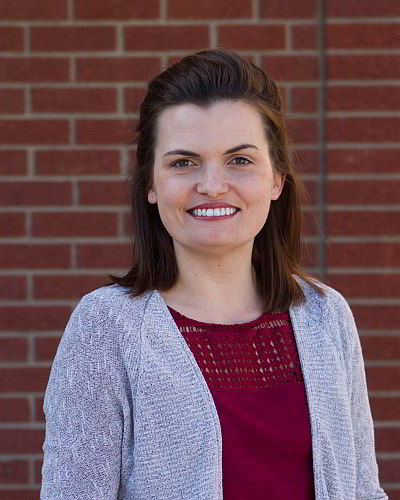 The North Central Regional Planning Commission Executive Board has named Emily Benedick as the organization’s new Executive Director.
The North Central Regional Planning Commission Executive Board has named Emily Benedick as the organization’s new Executive Director.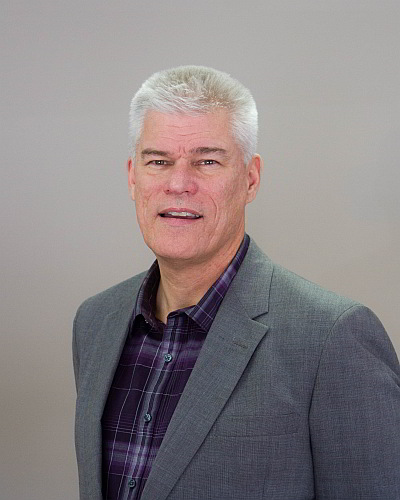 As many of you know by now, I am stepping down as Executive Director of the North Central Regional Planning Commission soon. It is time to place more focus on ailing family members and other important matters.
As many of you know by now, I am stepping down as Executive Director of the North Central Regional Planning Commission soon. It is time to place more focus on ailing family members and other important matters.